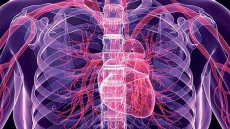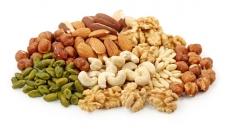To unravel what actually goes wrong in people with Parkinson's disease and find out potential new therapy, scientists have successfully created a human stem cell disease model of Parkinson's disease in a dish.
The stem cell model allowed scientists to observe key features of the disease in the laboratory, specifically differences in the patients' neurons' ability to produce dopamine, the molecule that is deficient in Parkinson's disease.
The researchers studied a pair of identical twins, one affected and one unaffected with Parkinson's disease, another unrelated Parkinson's patient, and four healthy control participants.
"The subject of Parkinson's disease discordant twins gave us an incredible opportunity to utilise stem cell models of disease in a dish to unlock some of the biological mechanisms of disease," said Scott Noggle from New York Stem Cell Foundation (NYSCF) Research Institute.
Upon analysing the cell models, the scientists found that the dopamine-producing neurons from both twins had reduced GBA enzymatic activity, elevated I-synuclein protein levels, and a reduced capacity to synthesise and release dopamine.
In comparison to his unaffected brother, the neurons generated from the affected twin produced less dopamine, had higher levels of an enzyme called monoamine oxidase B (MAO-B), and poor ability to connect with each other.
Treating the neurons with molecules that lowered the activity of MAO-B together with overexpressed GBA normalised I -- synuclein and dopamine levels in the cell models.
This suggests that a combination therapy for the affected twin may be possible by simultaneously targeting these two enzymes.
The findings were published in the journal Cell Reports.





